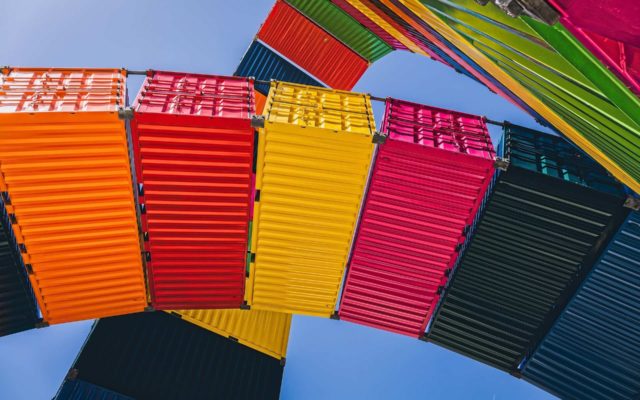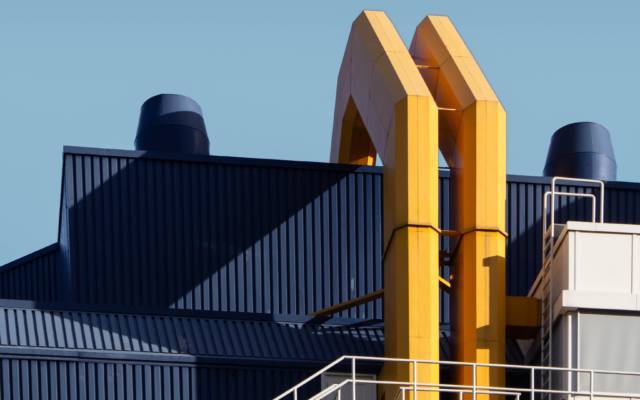Freight Procurement
Transport purchasing involves selecting the service providers who will transport products between the company’s various sites (factories/plants, factories/warehouses), but above all to the company’s customers (factories/customers, warehouses/customers). The carrier is therefore often the only person customers see when they receive the products they have purchased. So it’s important to select the right ones, depending on the importance to each company of cost, of course, but also of service (on-time delivery, flexibility, etc.), capacity (reliability, meeting commitments, etc.) and, increasingly, their CSR commitments.
Regardless of who the final decision-maker is (Supply Chain departments as specifiers and payers, or Purchasing departments), it is important that the choice of carriers takes these service and capacity factors into account, so as not to generate non-quality costs (delays, non-deliveries, etc.).
Whatever the mode of transport used (sea, air or road), we support our customers in their Transport Purchasing strategy and/or in their Transport Operational Purchasing, depending on their needs:
- Purchasing strategy :
- Market knowledge / Price trend indicators / Benchmark
- Sourcing new players
- Strategic panel management (risk of dependencies, long-term evolution, etc.)
- Technology watch (alternative solutions: rail, river, motorization evolution with advantages/inconveniences, etc.).
- Operational purchasing :
- Tenders and negotiations
- Panel management (KPIs, improvement action plans, etc.)
- Operations support (task force to resolve a complicated situation: strike, exceptional peaks, carrier clash, etc.)
We operate in various sectors
Large groups, institutions, SMEs ; we have the resources to support companies of all sizes and in all circumstances (from long-term vision to crisis support)
Supply chain is becoming an integral part of industrial sites. Managing site supplies means working more closely with suppliers, and integrating factory workflows into the supply chain.
Our work focuses on issues relating to the organization and management of physical flows, as well as on forward-looking studies linked to territories. Our areas of expertise include urban logistics, modal shift and carbon footprint.



